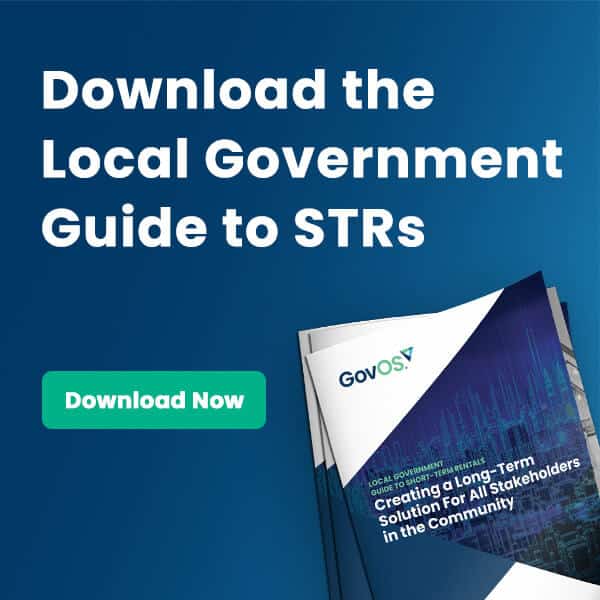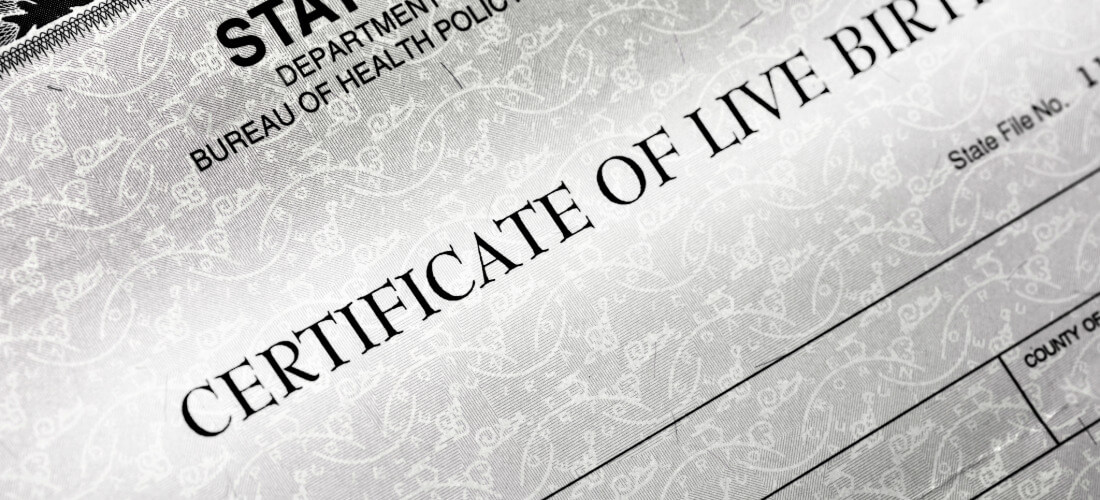
This article is part of an ongoing series of reports on the state of short-term rentals (STRs) in the United States. You can view our other reports here.
Managing short-term rentals (STRs) is a complex process highly dependent on state laws and the unique characteristics of a jurisdiction. As the popularity of STRs has grown across the country, local municipalities have taken all sorts of approaches to finding balance for STR owners and their neighbors.
Here’s a look at how local governments in Georgia are managing STRs to address concerns around safety and quality of life.
Savannah
Savannah has a number of requirements in place for STR operators, including percentage caps in certain locations and annual renewals for permits. The city is looking into developing a nighttime enforcement program as well as utilizing software to better link and collaborate with the various departments involved in managing STRs, which include the planning and zoning, finance, and code compliance departments.
Cobb County
In Cobb County, the third most populous county in the state and home to two major sports teams, officials have taken measures to implement consistency in how STRs are operated. In an effort to maintain a set of standards, such as safety for guests and locals, as well as protecting neighborhood residents from general issues like noise, Cobb County recently implemented a new short-term rental code that requires all STRs to be registered with the county’s Business License Office and pay a $55 fee. The county’s Community Development Department is tasked with enforcement.
Atlanta
Per Atlanta’s STR ordinance, the city requires hosts to pay $150 annually for a permit, remit an 8% tax, and they must currently be living in Atlanta. Hosts cannot own more than two STR units, and of those, one has to be the host’s primary residence. The city has also implemented a distance requirement that calls for single-family or duplex STRs to be at least 2,000 feet apart from each other.

Glynn County
Glynn County collects 35% of its bed taxes from STRs. STRs in the area are subject to “good neighbor” guidelines that ask renters to follow many quality-of-life rules, such as following trash pickup schedules, parking only in designated spots, and using bike paths when applicable. The county has a three-strikes policy that could lead to an STR owner losing their license if found repeatedly out of compliance. However, the county reports a strong compliance rate and estimates fewer than 40 are unregistered.
Union County
The mountain communities that make up Union County are home to many hiking trails and Brasstown Bald, the state’s highest peak. Given the area’s outdoor appeal, its economy heavily relies on tourism. Officials there are working on the county’s first set of STR regulations, which include setting a cap on the number of permits and establishing an enforcement board comprised of members of the fire department, building department, environmental health office, an enforcement officer, and a community member.
Athens-Clarke County
In an effort to find a happy medium between giving people the option to run an STR and addressing housing concerns, the Athens-Clarke County Commission is considering managing STRs differently depending on zoning. In multi-family zones, the county is looking to reduce the review process time for approval and require hosts to have a permit to run a home business–similar to what’s required for a bed and breakfast. In contrast, STRs in single-family zones are only allowed to operate if homeowners rent out part or all of their home on an occasional basis. STRs that are already in operation would not be impacted. Additionally, the county plans to hire a third-party monitoring system to track and enforce compliance, including implementing a 24-hour hotline to respond to issues.
Tybee Island
Due to increased tourism to the area, officials in the beach town of Tybee Island don’t allow STRs to operate in residential areas. The city estimated roughly 36% of residential-zoned properties held STR permits. Those that have already been established in residential zones, can continue to operate, but if an STR loses its permit for any reason, it will not be reissued. Additionally, STRs that are grandfathered in must be rented out for at least 90 days per year or risk losing their permit, among other new rules.
Smyrna
Smyrna does not prevent STRs from operating in any residential zones but passed legislation around STRs in single-family zones, where they made up the majority of STRs in the area (60%). Among the restrictions: limiting STRs to one unit per property, only allowing garages or other accessory buildings to be rented in owner-occupied properties, and limiting STRs to 180 days per year unless the stay is over 30 days or the property is owner-occupied.
Henry County
In Henry County, there are no parties allowed at STRs. Owners are required to undergo a safety inspection of their property, provide an emergency contact brochure, information about the neighborhood, and HOA approval, among other rules. Owners can get permits for up to three STRs.
Does your local government have the right tools for STR management?
No matter how large or small your municipality is, managing STRs can be a challenge. Utilizing software to help streamline processes like identification, compliance, and tax collection makes the task significantly easier. Learn how the GovOS STR solution can meet the unique needs of your jurisdiction.










